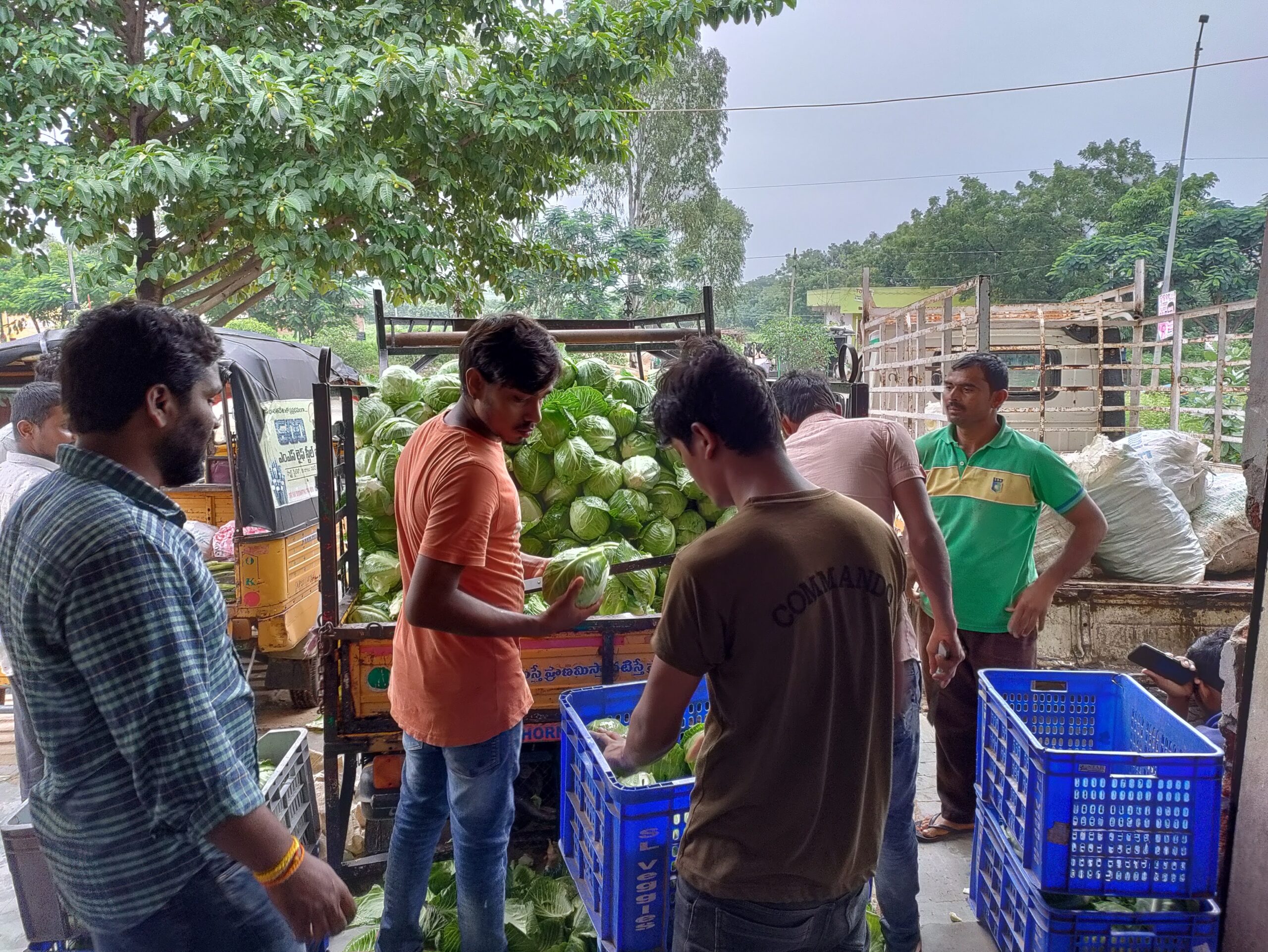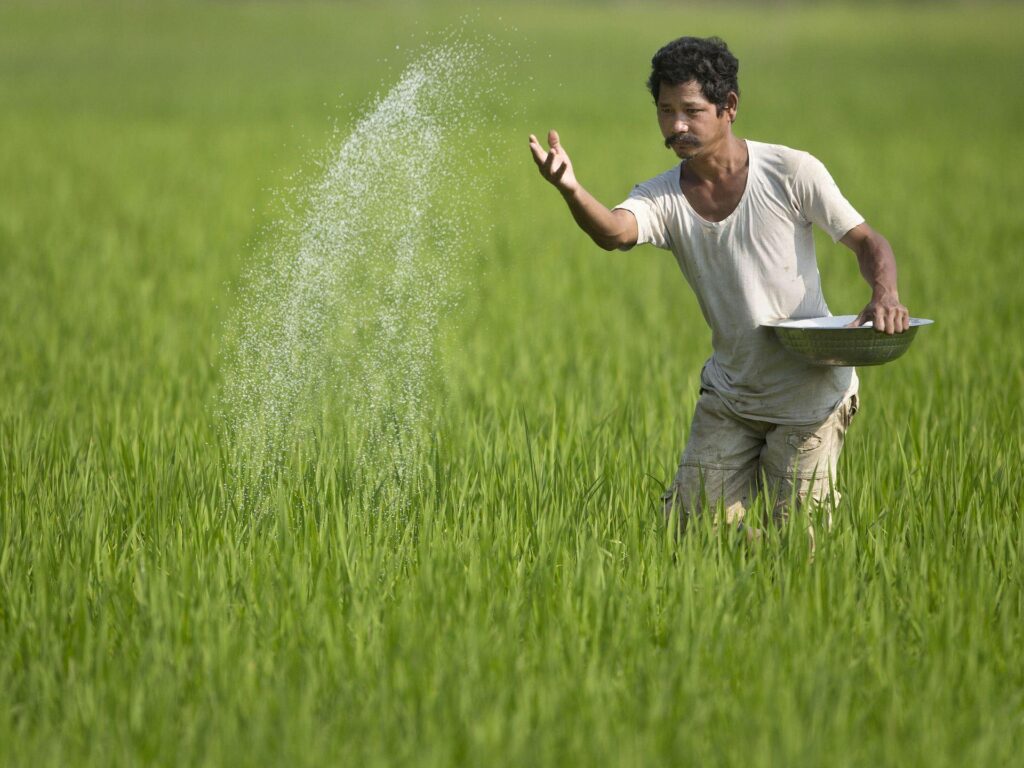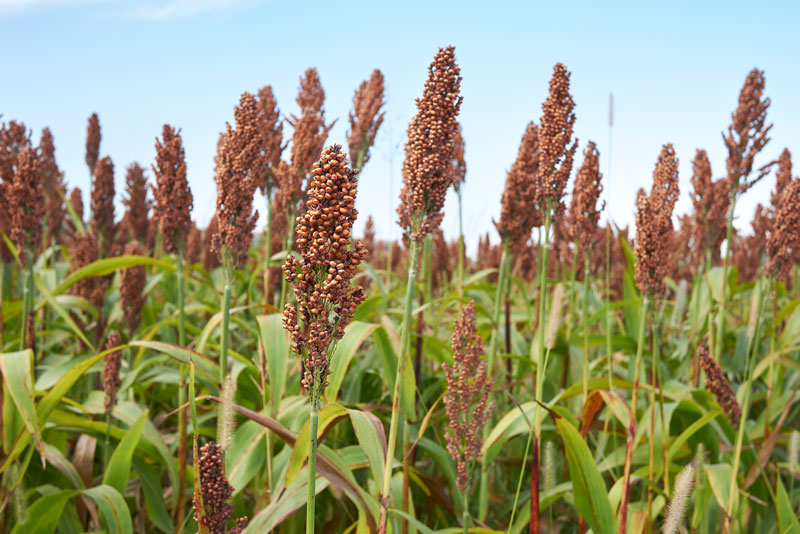In recent years, Farmers’ Producer Organizations (FPOs) have emerged as pivotal agents of change within the agricultural landscape, reshaping both input and output marketing paradigms. While the utilization of FPOs as direct partners for farm gate procurement by corporations remains relatively limited, clusters and federations of FPOs are taking the lead as aggregators for services, inputs, and produce. Some states have even entrusted FPOs with the role of official procurement agencies for Minimum Support Price (MSP) acquisition. However, the sustainable growth of FPOs hinges on their ability to establish robust market linkages for their agricultural produce and value-added goods.
Market Dynamics and Evolving Opportunities
Traditionally, agriculture has operated in isolation, relying on outdated practices. But as consumer preferences shift, especially post-pandemic, farmers must realign their practices to meet new demands. This shift presents an opportunity for farmers to produce value-added goods and branded products that can fetch premium prices in the market, ultimately bolstering their economic viability. Recognizing this potential, a recent conclave convened by Samunnati brought together experts, FPO members, CEOs, and suppliers to deliberate on the hurdles faced by FPOs in accessing markets.
Identifying Challenges: Pricing Disparities and Transparency Concerns
The central challenge of equitable pricing and transparency looms large at this stage. Anecdotes shared in the conclave crystallize the need for redress in this area. The narrative shared by Mr. Niraj Jat, the astute CEO of Avantika FPCL, vividly portrays a disheartening episode wherein a corporate giant rejected soybean produce, notwithstanding substantial transactions, citing unverifiable “quality concerns.” This instance encapsulates the tightrope FPOs often tread, ensnared between the intricacies of market dynamics and the fragile fabric of trust.
A parallel account resonates from the corridors of Yazali FPCL in Andhra Pradesh, articulated by Mr. Ikkruti Lakshmi Narasimha. The tumultuous waves of the pandemic drove market prices to unnerving depths, plunging below the sanctuary of the Minimum Support Price. In this uncharted territory, farmers grappled with uncertainty, lacking the tools to navigate this treacherous terrain.
Empowering Solutions: Navigating the Path to FPO Empowerment
In addressing these obstacles, FPOs can employ a comprehensive strategy encompassing various facets:
- Building Capacities and Preparing for Market: Empowerment begins with knowledge. FPOs, armed with a comprehensive understanding of market intricacies, can make informed decisions that steer their trajectory towards success. Building capacities encompasses a spectrum of activities, from workshops and training sessions to exposure visits and skill development initiatives. These endeavors equip FPO members with the acumen to decipher market trends, consumer preferences, and emerging opportunities.
Pre-market mechanisms such as warehousing, cleaning, and grading units further reinforce capacity-building efforts. These facilities ensure that the produce not only meets stringent quality standards but also commands competitive prices in the market. The foundation of knowledge, coupled with these tangible infrastructural advancements, empowers FPOs to navigate the market landscape with confidence and foresight.
- Unleashing the Power of Value Addition and Branding: Value addition and branding hold the key to unlocking new horizons of market access. FPOs can transcend the role of mere suppliers by adding value to their produce, transforming raw agricultural goods into branded, high-value products. This shift from commodity-based production to value-added goods not only opens doors to premium markets but also cultivates a loyal customer base.
The journey of Avantika FPCL exemplifies the transformative potential of value addition. By prioritizing quality and branding, Avantika FPCL not only secured equitable prices but also embarked on the path to establishing its own brand. This evolution signifies a departure from traditional agricultural practices, heralding a new era where FPOs are at the forefront of market trends, consumer demands, and branding strategies.
- Exploring New Horizons: Stagnation is the antithesis of empowerment. FPOs must venture beyond their conventional domains, exploring untapped avenues that beckon with promise. Diversification, whether in terms of products or markets, mitigates risks and augments resilience. The transformative power of diversification is exemplified by the story of Mr. Lakshmi Narasimha and his foray into custom milling. This strategic move not only bolstered profits but also broadened the horizons of market engagement.
FPOs must also embrace modern platforms and technologies that facilitate direct-to-consumer interactions. Online trading and e-commerce platforms provide avenues to scale businesses, reach a wider customer base, and establish a direct connection with consumers. By embracing change and exploring novel avenues, FPOs can transcend traditional boundaries, solidifying their presence in the market and enhancing their empowerment.
Collaborative Endeavors and Governmental Facilitation
In the dynamic realm of modern agriculture, the empowerment of Farmers’ Producer Organizations (FPOs) transcends the boundaries of individual efforts. It is a collective journey that requires the synchronized endeavors of diverse stakeholders and the guiding hand of governmental support. As FPOs emerge as key players in reshaping market access paradigms, the fusion of collaborative partnerships and facilitative policies assumes paramount importance.
A Nexus of Trust: Forging Collaborative Partnerships
At the heart of FPO empowerment lies the power of collaboration with corporate entities. However, these partnerships are not confined to conventional transactions; they are nurtured through a fusion of trust, transparency, and shared aspirations. Such alliances hold the potential to transcend mere economic interactions, evolving into symbiotic relationships that catalyze market access for FPOs. Beyond financial transactions, collaborations with corporates like Corteva encompass knowledge exchange, skill enhancement, and technological adoption. Through this synergy, FPOs not only gain access to markets but also acquire the tools needed to navigate the complexities of modern agricultural dynamics.
Cultivating Prosperity: Agronomic Support as a Catalyst
Empowering FPOs extends beyond market access; it entails nurturing agricultural excellence through holistic support. This is where entities like Krishi Rasayan come to the fore. By providing vital inputs and innovative solutions, Krishi Rasayan plays a pivotal role in elevating yields and elevating the quality of agricultural produce.
Initiatives like “Sankalp” stores serve as beacons of agronomic support. These strategic hubs scattered across states provide a comprehensive repository of seeds, fertilizers, and farm equipment. Krishi Rasayan’s commitment to developing solutions that lower production costs and enhance produce quality showcases their dedication to fostering the prosperity of farmers. This support not only amplifies the economic viability of FPOs but also aligns with the broader goals of sustainable agriculture and food security.
Policy Reforms and Standardization
Central to the transformation of FPOs into resilient market players is the scaffolding provided by governmental facilitation. This comes in the form of policy reforms and the standardization of regulations. The process begins with a nuanced understanding of the unique challenges faced by FPOs, and subsequently, devising mechanisms to overcome them.
An indispensable facet is the imperative for mandatory training for corporate collaborators engaging with FPOs. This training serves as a compass, guiding corporations to select products and services that resonate with FPO objectives, thereby fostering symbiotic growth. Moreover, governmental efforts towards standardizing regulations and compliance across regions streamline FPO operations and enhance their capacity to operate seamlessly. Initiatives such as those spearheaded by Samunnati, aiming to initiate a dialogue with the Ministry of Agriculture for regulatory alignment, reflect a proactive step towards creating an enabling environment for FPOs.
In conclusion, the role of FPOs in reshaping market access for farmers is pivotal. Through the adoption of innovative strategies, capacity enhancement, and concerted collaborations, FPOs are primed to steer the agricultural landscape toward a more sustainable and prosperous future. The empowerment of FPOs transcends mere business prerogatives; it signifies a fundamental stride towards uplifting the livelihoods of countless farmers across the nation. By embracing change and harnessing collective expertise, we can usher in an era of equitable market access, catalyzing a transformative renaissance in Indian agriculture.




